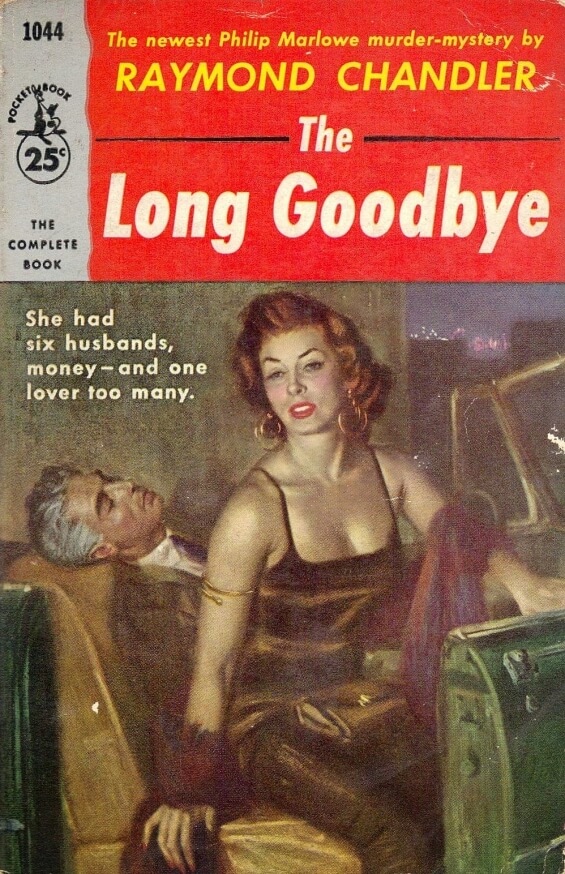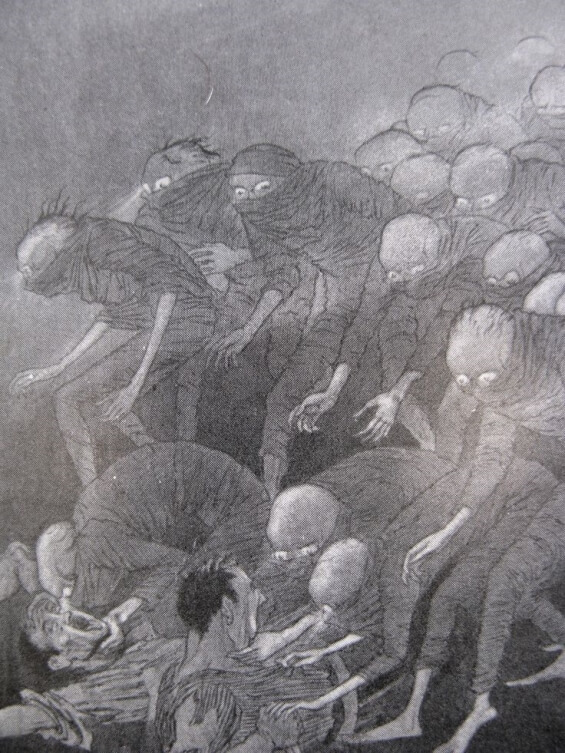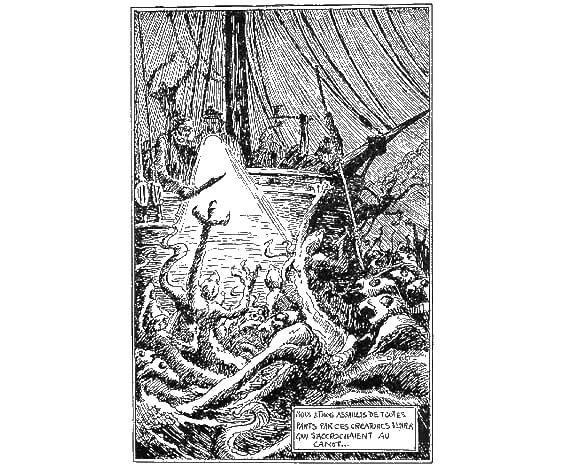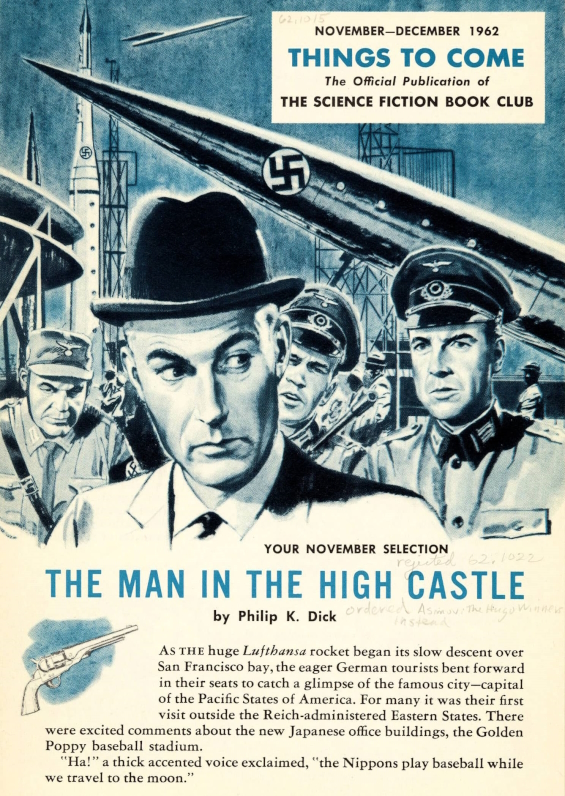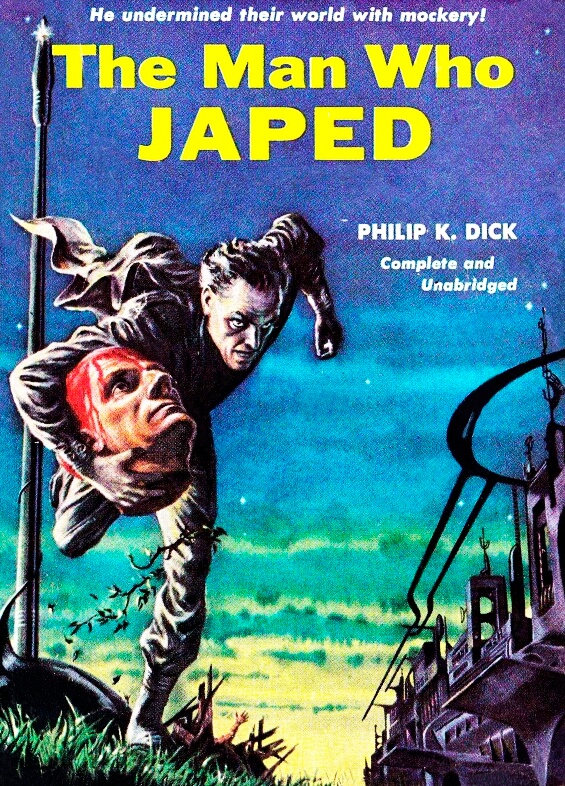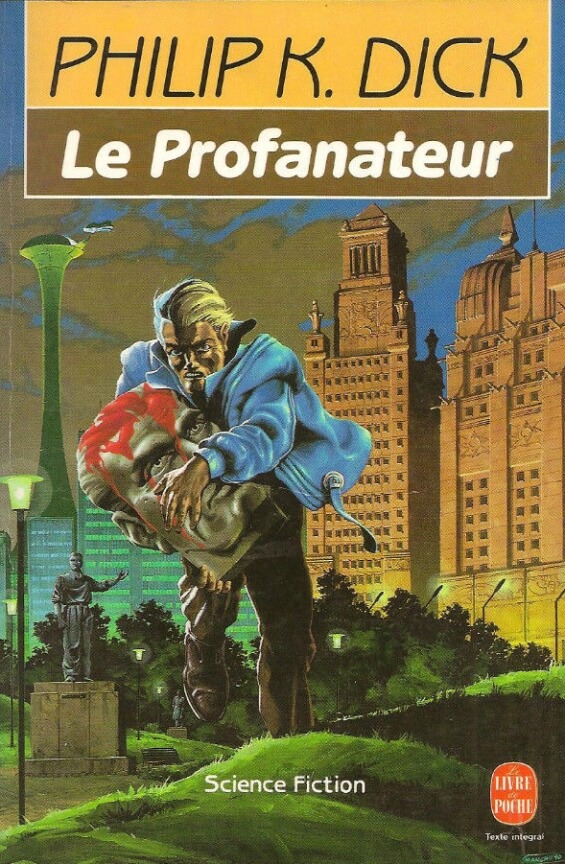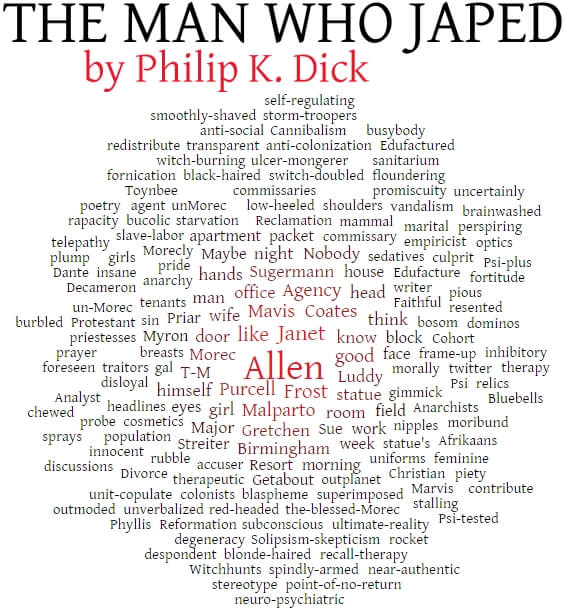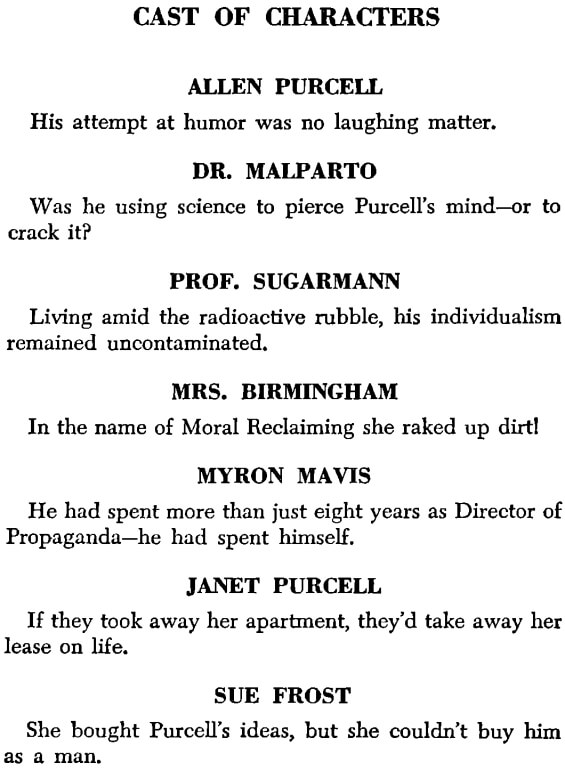
 The SFFaudio Podcast #355 – Jesse, Mr Jim Moon, and Paul Weimer talk about The Dream-Quest Of Unknown Kadath by H.P. Lovecraft
The SFFaudio Podcast #355 – Jesse, Mr Jim Moon, and Paul Weimer talk about The Dream-Quest Of Unknown Kadath by H.P. Lovecraft
Talked about on today’s show:
novel or novella, would Lovecraft have published it had he lived longer?, left in a drawer, a first draft, smoothing out, an amazing talent, a fascinating fun world, The Wizard Of Oz, a tour of Lovecraft’s material, not the place to start with Lovecraft, no existential bleakness, surprisingly gentle, even Nyarlathotep is kind of nice, more adventurous, extended into nonsense, marshaling armies, Conan’s messing about is strictly small potatoes, a gregarious jolly man, a sense of fun, poems about Frank Belknap Long’s cat, more lucidity than you expect, the ghouls, the Fungi From Yuggoth cycle, three travelers who’d previously visited the dreamland, one must be the unnamed narrator of The Crawling Chaos, King Kuranes, the narrator of Hypnos, the smoking cosmic gun, The Other Gods, the priest, The Strange High House In The Mist, a night-gaunt, the mythos was largely invented by fans, the nexus point, The Statement Of Randolph Carter, is the graveyard in the Dreamlands?, other ways to get to the Dreamlands, ghoul tunnels, the ghouls are quite friendly, Warren is dead!, the enchanted wood, the Vaults Of Zin, the realm of the Gugs, The Divine Comedy, The Cats Of Ulthar, lots of cats from Ulthar, almost an anime style plot, hilarious, whimsical, swarming cats, unlocking, context, Dunsananian, Polaris, the Land Of Lomar, ahead of Robert E. Howard and Clark Ashton Smith, C.S. Lewis, J.R.R. Tolkien, Paul’s own RPG Dreamlands, slavers, fighting the Moon Men, surprisingly visual, Celephaïs and The White ship, much mining, the Moon wine, lava gatherers, chalcedony mining, Mr. Merchant, Nyarlathotep is the wizard (and the wicked witch), Sauron, Azathoth does the gnawing, Carter’s passivity, Carter’s activity, Indiana Jones in Raiders Of The Lost Ark, an explorer’s adventure, the hound is Belloq, Bryan Alexander, not a horror book, more comedy than horror, the Nigh-Gaunts sound scary but their major power is tickling, Lovecraft has a wicked dry sense of humour, playing with a caricature of himself, based on his own nightmares, squirming feelings, “there’s more of gravy than of the grave about you”, Marley’s ghost, a bit of undigested beef, A Christmas Carol by Charles Dickens, the HPLHS’ A Solstice Carol, adapting three Lovecraft stories by way of Dickens, The Festival, Pickman’s Model, The Outsider, it all connects up, Richard Upton Pickman, The Shadow Over Innsmouth, this grand tapestry, Jim’s ball of wax, The Thing On The Doorstep, a shoggoth in those pits, Night-Gaunts (the poem), not seeing the whimsical side of it, a gamer style fashion, in Deities & Demigods, that was all bullshit, Michael Moorcock’s Elric, flying on the night-winds with the ghouls, an internal Lovecraftian world, maps, the map from the Call Of Cthulhu‘s Dreamland Supplements, Sandy Petersen, Jason Thompson’s Dreamlands map, The Green Meadow, the Vaults Of Yin, the Gardens of Zin, how do they get to the Moon on this map?, straight on until morning…, dream logic supplies an endless supply of water, how much is personal and how much is external?, Carter’s Sunset City (Kadath), the gods of earth have abandoned it for Kadath, cosmic horrors, the Games of Divinity, Fungi From Yuggoth, Homecoming (Sonnet V), our experience of reading Lovecraft, Recognition, the book is the key,
IV. Recognition
The day had come again, when as a child
I saw—just once—that hollow of old oaks,
Grey with a ground-mist that enfolds and chokes
The slinking shapes which madness has defiled.
It was the same—an herbage rank and wild
Clings round an altar whose carved sign invokes
That Nameless One to whom a thousand smokes
Rose, aeons gone, from unclean towers up-piled.I saw the body spread on that dank stone,
And knew those things which feasted were not men;
I knew this strange, grey world was not my own,
But Yuggoth, past the starry voids—and then
The body shrieked at me with a dead cry,
And all too late I knew that it was I!
, the next poem
V. Homecoming
The daemon said that he would take me home
To the pale, shadowy land I half recalled
As a high place of stair and terrace, walled
With marble balustrades that sky-winds comb,
While miles below a maze of dome on dome
And tower on tower beside a sea lies sprawled.
Once more, he told me, I would stand enthralled
On those old heights, and hear the far-off foam.All this he promised, and through sunset’s gate
He swept me, past the lapping lakes of flame,
And red-gold thrones of gods without a name
Who shriek in fear at some impending fate.
Then a black gulf with sea-sounds in the night:
“Here was your home,” he mocked, “when you had sight!”
then we get The Lamp, Zaman’s Hill, The Port, The Courtyard, XX. Night-Gaunts, XXI. Nyarlathotep, XXII. Azathoth, XXV. St. Toad’s, seeking after visions, XVI. The Window, I.N.G. Culbard’s adaptation of The Dream-Quest Of Unknown Kadath, this is a poem as well, word choices for assonance and alliterative sound, very aural, a pleasure to listen to, meant to be read aloud, Carter looks a lot like Lovecraft (in I.N.G. Culbard’s adaptation, Jason Thompson’s adaptation of The Dream-Quest Of Unknown Kadath, from Dunsany and Poe, it all goes back to Poe with his Dream-land poem, Ulalume, The Narrative Of Arthur Gordon Pym Of Nantucket by Edgar Allan Poe,
Dream-Land
by Edgar Allan Poe
By a route obscure and lonely,
Haunted by ill angels only,
Where an Eidolon, named NIGHT,
On a black throne reigns upright,
I have reached these lands but newly
From an ultimate dim Thule—
From a wild weird clime that lieth, sublime,
Out of SPACE—Out of TIME.Bottomless vales and boundless floods,
And chasms, and caves, and Titan woods,
With forms that no man can discover
For the tears that drip all over;
Mountains toppling evermore
Into seas without a shore;
Seas that restlessly aspire,
Surging, unto skies of fire;
Lakes that endlessly outspread
Their lone waters—lone and dead,—
Their still waters—still and chilly
With the snows of the lolling lily.By the lakes that thus outspread
Their lone waters, lone and dead,—
Their sad waters, sad and chilly
With the snows of the lolling lily,—
By the mountains—near the river
Murmuring lowly, murmuring ever,—
By the grey woods,—by the swamp
Where the toad and the newt encamp,—
By the dismal tarns and pools
Where dwell the Ghouls,—
By each spot the most unholy—
In each nook most melancholy,—
There the traveller meets, aghast,
Sheeted Memories of the Past—
Shrouded forms that start and sigh
As they pass the wanderer by—
White-robed forms of friends long given,
In agony, to the Earth—and Heaven.For the heart whose woes are legion
’T is a peaceful, soothing region—
For the spirit that walks in shadow
’T is—oh, ’t is an Eldorado!
But the traveller, travelling through it,
May not—dare not openly view it;
Never its mysteries are exposed
To the weak human eye unclosed;
So wills its King, who hath forbid
The uplifting of the fring’d lid;
And thus the sad Soul that here passes
Beholds it but through darkened glasses.By a route obscure and lonely,
Haunted by ill angels only,
Where an Eidolon, named NIGHT,
On a black throne reigns upright,
I have wandered home but newly
From this ultimate dim Thule.
the double negative, seeing the mysteries of the dreamlands with the eyes unclosed, protean quality, an evolution of that Dream-Land, the seed that took root in Lovecraft’s mind, pools with lolling lilies, Eldorado, a prodigious dreamer, Tweeting dreams, “I’m prodigious dreamer.”, keeping a dream diary, deeper and more vivid, a dream New York City, Jesse recounts dream of swimming through the streets, a sea-monster, rafts, tables, wonderful wonderful comic books, it is very difficult to read books in dreams, #nightmare, forgetting that he is dreaming, close to waking, dreams while dreaming, Dennis Quaid, Dreamscape (1984), if we can just get the internet of dreams working, awesome and amazing, Waking Life (2001), dreams as prison, Curanes story is in the middle, Curanes has trained a bunch of locals to act English, totally Wizard Of Oz, the magic of three, The Crawling Chaos by H.P Lovecraft and Winifred Virginia Jackson, some sort of plague, opium, he’s inside his own head and walks into the Dreamlands, all cities of amber and chalcedony, deserted cities, amazing imagery, inside baseball, once you’re deep into the trenches…, The Graveyard Book by Neil Gaiman has the same kind of ghouls, the way ghouls get their names (the first person they eat), maybe Pickman got eaten by a ghoul (retcon), meeps or glibbers, planning the assault on Kadath.
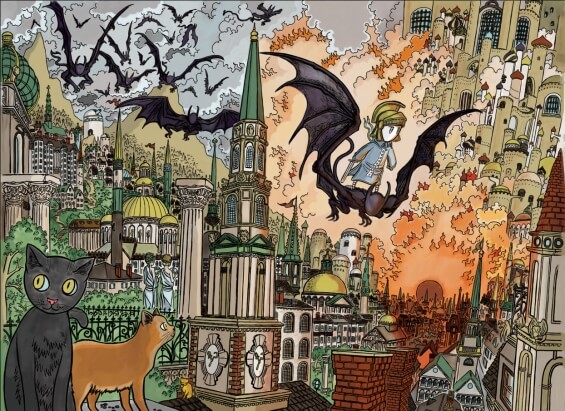
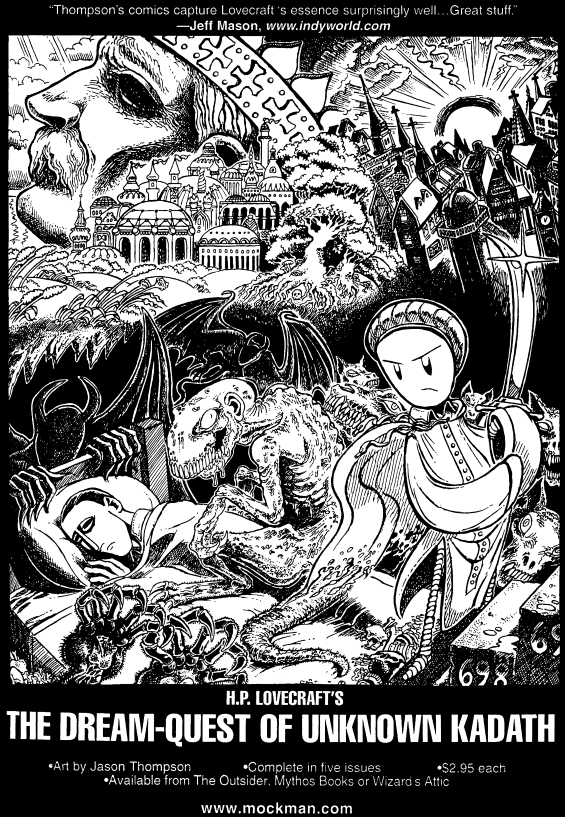
Posted by Jesse Willis

